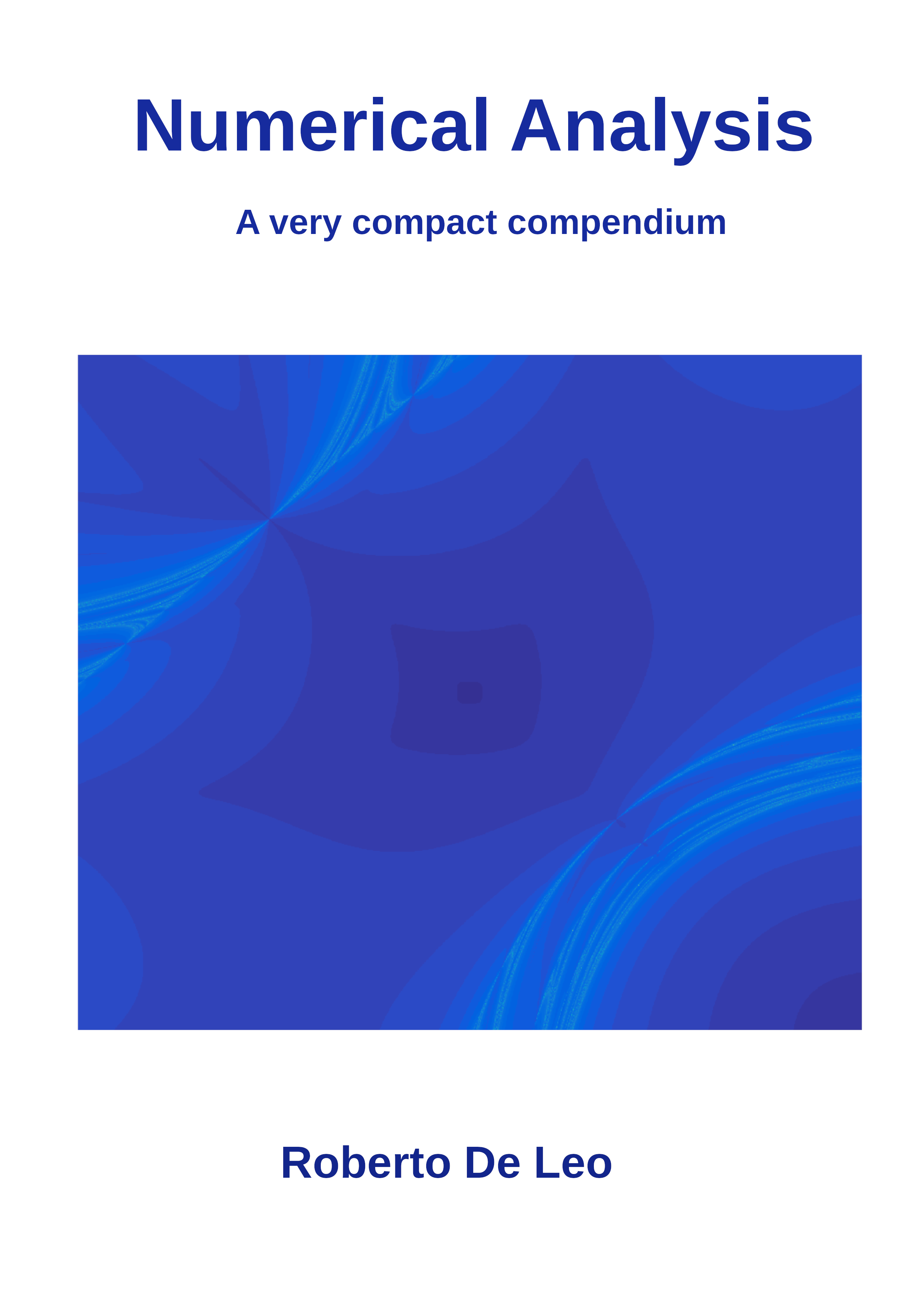Section 3.3 Functions Iterations
Given a (real or complex) continuous function \(f(x)\) and any "initial" point \(x_0\text{,}\) we can generate an infinite sequence
\begin{equation*}
x_0,\,f(x_0),\,f(f(x_0)),f(f(f(x_0))),\dots.
\end{equation*}
Studying the behavior of such sequences is the goal of the Discrete Dynamics field. The answer is far from trivial even just for quadratic maps (see what happens in case of the logistic map!). Nevertheless, there are cases when the situation is simple. Suppose that \(x_0\) is a fixed point of \(f(x)\text{,}\) namely
\begin{equation*}
f(x_0)=x_0.
\end{equation*}
Then the sequence is constant. A natural question is: what happens, in this case, when we start from a \(x'_0\) close enough to \(x_0\text{?}\) In this particular case, the answer is simple: - if \(|f'(x_0)|<1\text{,}\) then the sequence\begin{equation*} x'_0,\,f(x'_0),\,f(f(x'_0)),f(f(f(x'_0))),\dots \end{equation*}converges to \(x_0\) for each \(x'_0\) close enough to \(x_0\text{;}\)
- if \(|f'(x_0)|>1\text{,}\) then the sequence is repelled from \(x_0\text{;}\)
- if \(|f'(x_0)|=1\text{,}\) nothing in general can be said about the sequence.
\begin{equation*}
g(x_0)=0
\end{equation*}
is, for instance, a fixed point of the function
\begin{equation*}
f(x)=g(x)+x.
\end{equation*}
Below we show a few examples of cases when the sequence converges and when it does not. Important applications of this idea are the iterative methods to solve nonlinear equations, such as the Newton and Secant methods in this chapter, and the iterative methods to solve linear systems, like the Jacobi and the Gauss-Seidel methods illustrated in the next chapter.